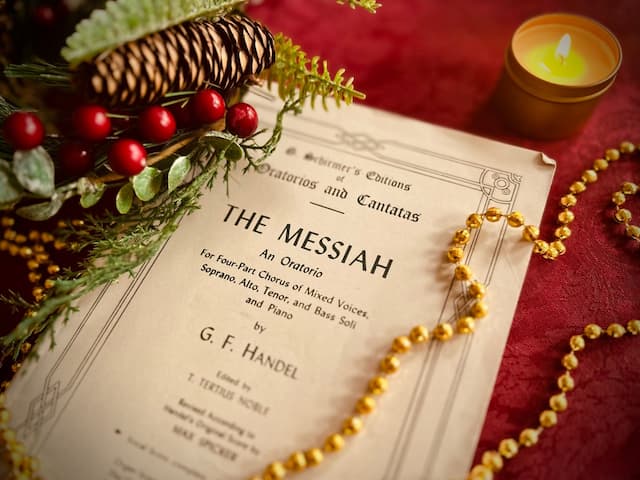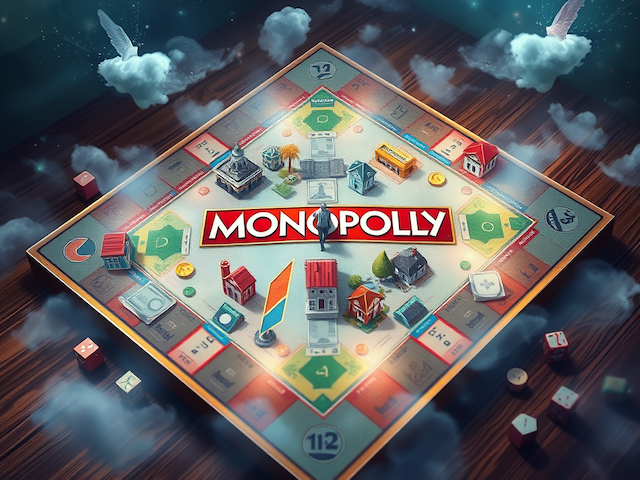Activism: confronting the powers
What kind of activism are we called to? Confronting the powers of evil, or being the community of a different king?
Christian activists have usually raised a voice for peaceful protest. Fifty years after Martin Luther King called for nonviolent resistance against systemic injustice, we still hear his voice.
Walter Wink called Christians to expose the evil that is endemic in the power systems of this world. He called us to name evil for what it is, to unmask its insidious nature, to engage it through non-violent confrontation. Even in the titles of his books, you can hear him calling the church to stand against corruption: Naming the Powers (1984), Unmasking the Powers (1986), Engaging the Powers (1992), When the Powers Fall (1998), The Powers that Be (1999). A choir of other of voices also call us to non-violent resistance: John Howard Yoder, Stanley Hauerwas, Shane Claiborne, Jarrod McKenna, and so on.
Are they right? Is power the problem we must address? Is that our task, to stand against the injustice that’s systemic in the way the world is run? To those questions, I want to answer Yes and No. Their diagnosis of the problem is spot on, but their response doesn’t resolve the problem.
Abuse of power is the problem
The abuse of power is what’s wrong with the world. That’s the story the Bible tells. Humans have rebelled against God’s authority. We grasp at power that should be in God’s hands, and we use that power to harm each other. (Genesis 3–4). Power corrupts us, so we do terrible things to each other, even killing little ones as Pharaoh does (Exodus 1). But as Exodus unfolds, we discover that God does have a way to liberate his people from the powers. At the Red Sea we see that the armies of this world will not prevent God restoring his reign on earth, through is people.
But Israel struggles to live under God in the presence of the violent nations (Judges), so they ask for a human king. Saul starts out well, but is so corrupted by power that he spends his latter reign trying to murder David (1 Samuel). David is the hero, a man after God’s heart. But when David gains power, it corrupts him too. He takes what he wants, even the wife of a man who is fighting for him. In the end, David is reduced to someone who cannot even manage his own family (2 Samuel). Solomon starts out so well (seeking divine wisdom), but ends up being such a despot that it splits the kingdom (1 Kings). Eventually the whole kingdom falls apart, and God removes the power of the human kings who never were the solution. (For more on that perspective, read Walter Brueggemann.)
This is the nature of sin. Sin is grasping power that should be in God’s hands, and using it abusively against each other. That’s why the rulers of this world did away with Jesus. If you watch the news, you’re seeing how sin causes damage and destruction in God’s world. Read Wink: he’ll help you understand how the rebellion against God is what’s wrong with the world.
So if that’s the problem, how should we respond?
Condemning the powers is not the solution
As citizens of a democracy, we have the power to expose evil in high places and raise a protest. The media thrives on confrontation, so protests usually get media coverage and the wider community then hears the message.
While there may be times to use our democratic rights to expose and confront evil, that’s not what Jesus called us to do. Anyone can protest the systemic evil of this age, but we have been commissioned with another message. Jesus called us not to condemn the present evil, but to be a viable alternative, a living hope of community set right under God’s appointed ruler, the good news of the kingdom of God.
In my experience, those who protest against injustice see themselves as standing up for righteousness, correcting what’s wrong, seeking a better world. They believe they’re doing kingdom work because they’re “seeking the kingdom of God and his righteousness” i.e. they want God’s justice in place of the oppression and injustice we currently see.
But I wonder if that’s how the Australian community sees the protesters? No doubt some will — those who already share their concerns. But others in the community hear these protests as condemnation.
The problem is that the church’s message has always been heard as a message of blame, disapproval, judgement, guilt. Consider carefully: Is this our message?
Did Jesus call us to condemn the systemic injustice of this age? Or did he call us to announce the good news that God is replacing the totally flawed and power-crazed governments of this world with God’s government — good news of the kingdom of God?
The current systems are so evil, so abusive, so full of sin that they’re beyond redemption. Trying to sort out the injustice in the current systems is a waste of effort. We’re called not to fix them but to replace them.
Replacing them with God’s government is a much more challenging task. The church is called to embody Jesus’ reign on earth, to be the light of the world so people see what we’re doing and recognize our sovereign (Matthew 5:16).
Being the alternative is so much harder than condemning what’s wrong, but that’s our calling. The kingdom defines the church’s mission. (That’s a whole ecclesiology right there.)
Conclusion
So here’s the irony. Instead of announcing Jesus’ message — the good news of the kingdom of God — we’ve been proclaiming a message of guilt.
Bible-bashers go on about personal guilt (the Sinner’s Prayer). Radicals go on about communal guilt (social evils). In the ears of those who are not in church, both groups preach condemnation. Whether you’re protesting an immigration centre or an abortion clinic, what people hear is that Christians are judgemental.
Quit wasting our time on condemning the world. Focus all our efforts and resources in being the viable alternative. It’s not easy to live as the good-news community in the suffering world, that’s who we are in Christ.
Seeking to understand Jesus in the terms he chose to describe himself: son of man (his identity), and kingdom of God (his mission). Riverview College Dean
View all posts by Allen Browne






